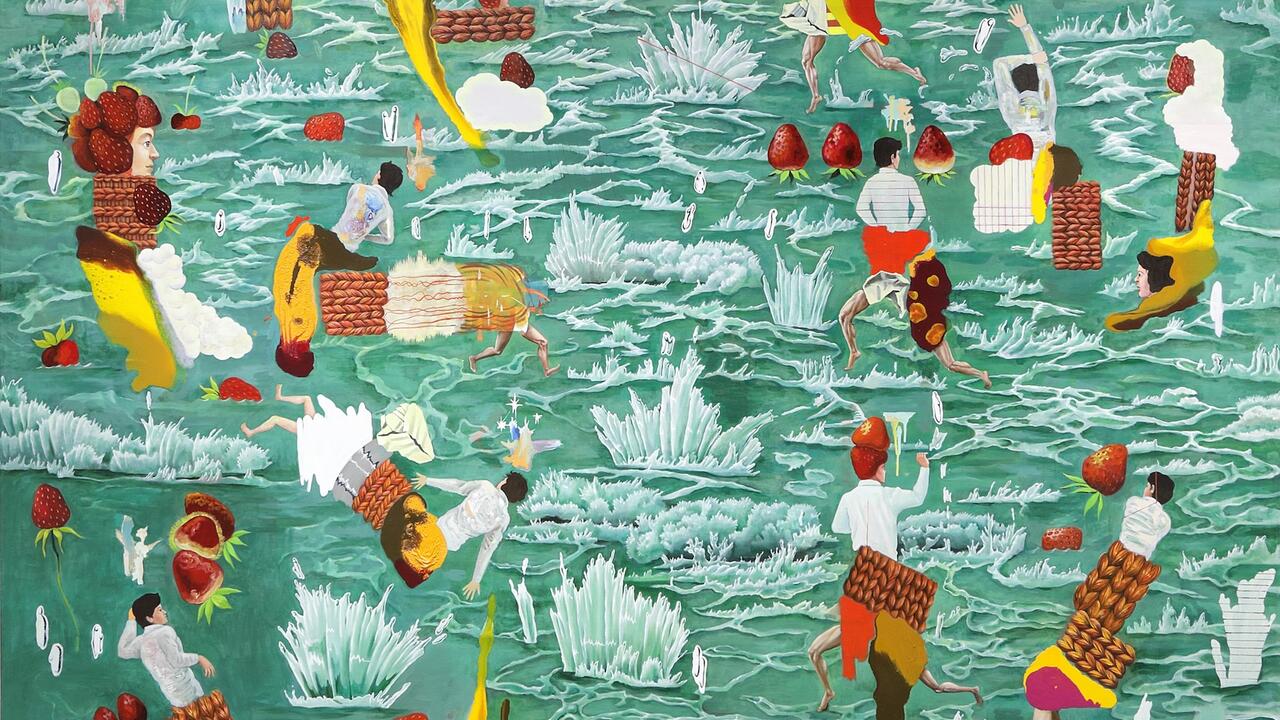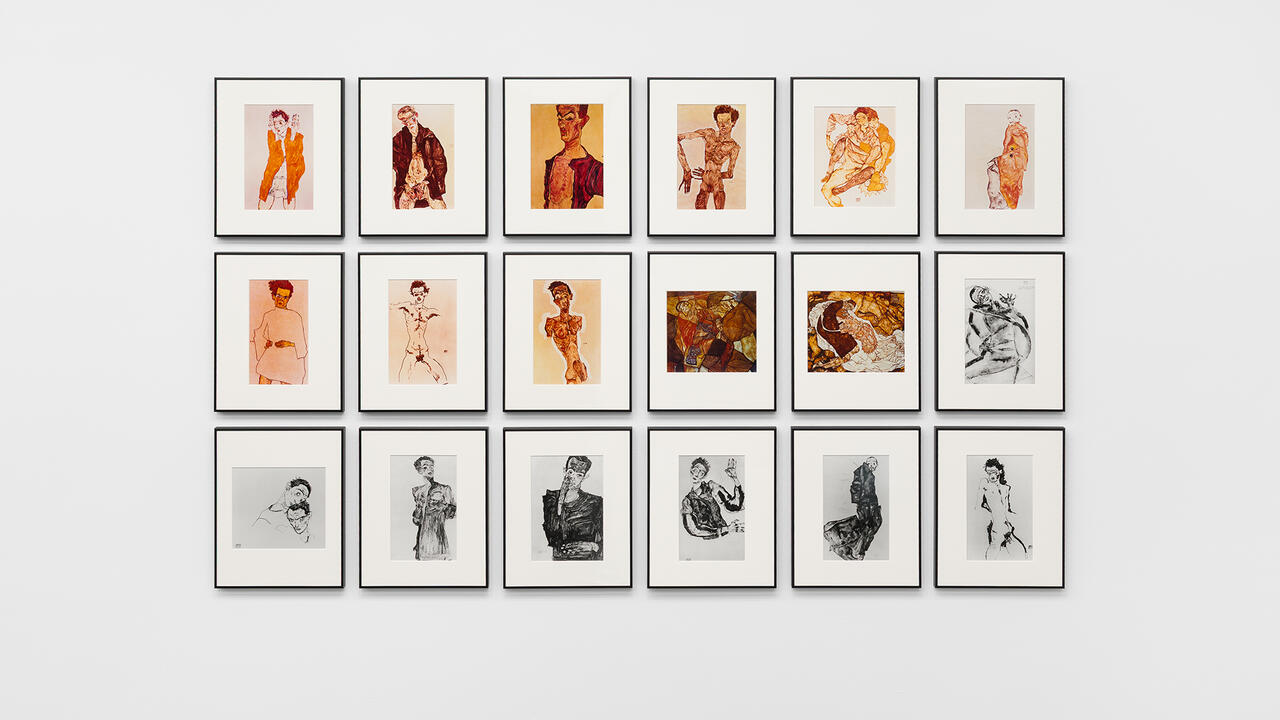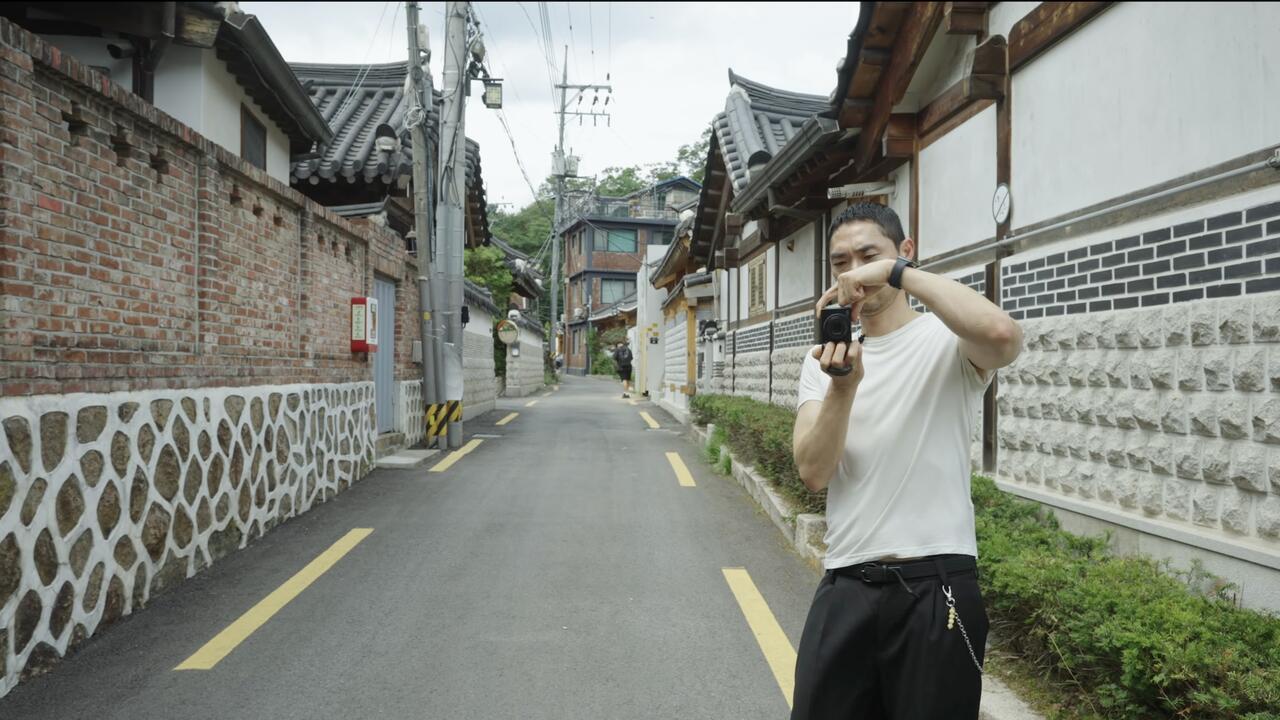Over the Border
Reporting from the outer limits of the critical frontier
Reporting from the outer limits of the critical frontier

Writing is going VERY BADLY at present. I try checklists of topics, reading and research. I try getting away from my desk to write in bars and libraries. I try getting up to write at 6 a.m. and writing drunk at midnight. I relapse into daytime TV, I try talking things over with people. Another three Guardian articles loom, for which I must drop everything, done or undone; and now this: I have no idea why on earth I agreed to write all this stuff to begin with.
‘That a man should publish three or 30 articles a year, that he should finish or not finish his great allegorical picture, are questions of little interest to the world’, wrote Robert Louis Stevenson, in ‘An Apology for Idlers’ (1877).1 The world may be indifferent, but one’s editors aren’t. People are shouting at me from several countries at once, and I can’t do a thing to get them off my case. And a living, after all, must be made. Stevenson well understood the paradox, as he turned in his essay on idleness – the product, no doubt, of considerable effort.
However, my self-imposed solitude and ‘you can’t stand up till you’ve written 250 words’ regimes don’t work – nothing does any good. I have seriously considered plagiarism, but I’m too lazy to look the right bits up and not clever enough to paraphrase and cover my tracks. I let my subconscious mull things over, but I just get bad dreams.
This won’t do at all. We need a bit of perspective, and to remember that Stevenson, in the same essay, also urged us to ‘look at one of your industrious fellows for a moment, I beseech you. He sows hurry and reaps indigestion; he puts a vast deal of activity out to interest, and receives a large measure of nervous derangement in return. Either he absents himself entirely from all fellowship, and lives as a recluse [...] or he comes among people swiftly and bitterly, in a contraction of his whole nervous system, to discharge some temper before he returns to work. I do not care how much or how well he works, this fellow is an evil feature in other people’s lives. They would be happier if he were dead.’2
Wanting to avoid the worst, I have long cherished the idea of going away somewhere to write. To rent an apartment in a city where no one knows me and get down to that book I have rashly intimated that I am writing: this is the sort of daydream I present myself with at precisely those times when I am obliged to find words and don’t have any. The walls are closing in. I think it must be the same for many artists in their studios. I know it happened in mine – I should have listened sooner to my inner voice, or rather to the deafening silence that announced the fact that we were no longer on speaking terms. The silence roared on for years. But going away is not quite the same as giving up.
There are those who complain when, given a great furlough or a sabbatical from teaching or some other onerous professional responsibility, they say they have wasted their one great opportunity and achieved precisely nothing, that they returned with nought to show from their travels and their efforts. Counting their luck, these hopeful souls go off to some artist-in-residency somewhere only to find themselves in jail or thrown out of town, having got terrifyingly and very publicly drunk, started fights or screwed their host’s wife, her husband, their kids or the beloved family dog, and got found out. Perhaps they accidentally burnt down whatever foundation it was they were staying at. In any case, they got no work done when they were there, not even the thinking kind, which is precisely the condition they were in before they left home, and also the reason why they inevitably went off the rails once they got there. There was no getting away from it.
Or they went off alone and checked into a hotel to get some solitude and to absorb some exotic local colour or a sense of a world suspended and some anonymity and a break from all those deadlines and their long-suffering families, and they just sat in their rooms and wept. Home, it appears, in the familiar guise of their own worst fears, insisted on travelling with them, even though they had crossed several frontiers to get away from it all. They queued for their visas and had their passports stamped, suffered inoculations, spent hours checking with the Foreign Office whether wars, famine, disease or some burgeoning political situation were likely to impede their transit or make life difficult in some way or other on their arrival. They don’t want too many interruptions when they are penning their little missives on the enigmas of Otherness, the dislocations of temporary exile, the excoriations of solitude. They want to discover for themselves the conundrums of margin and centre, in some far-flung outpost of post-colonialism.
They perused the Flash Art diary for pos- sible contacts to assuage the inevitable lone- liness, read their Rough Guides and Lonely Planets, and went through all the usual channels to make sure that there wasn’t some international biennial or other about to open in their obscure little town of choice during their stay. God forbid that they should be seen as an art tourist, a curator on the make, some critical tart whoring for self- advancement in unclaimed territory. We are here to find ourselves, remember, not to run into the same old gang we invariably fall in with everywhere else we go.
Somewhere over the border I have been chased by strangers bearing sheaves of transparencies and had CD-ROMs encoded with the entire life’s work of some hapless artist hurled at me in darkened alleys, like dangerous whirling Frisbees; I have shaken off relay teams of watchers from the com- munications department of the local art museum and eluded the embedded repre- sentatives of the British Council. Favours, temporary postings, long-term prospects, fancy commitments: all these have been thrust at me and rejected. I do not rely on the comfort of strangers, or anyone else for that matter.
Late of an evening I have checked into my room to find folios and catalogues ar- rayed on my bed, a complimentary bottle of some undrinkable local liqueur, with a bow-tied ribbon about its neck, propped on the pillow. Welcome, Mr Sea Oil, reads the hotel TV screen, inexplicably. A second surprise was the clothing unaccountably strewn on the carpet, and the muffled sound of someone singing in my shower. I have backed out of such rooms, just as I have absented myself from dinners that have ended in drunken protestations of friend- ship and threats of extreme violence. I have endured studio visits which nobody tells you involve all-day treks in off-road vehicles with armed guards, worryingly large jerry cans of spare diesel and flagons of drinking water clanking about in the back. If I have never been bought, so to speak, nor have I wavered from my morning ritual at the desk by the window, where pen, paper, laptop and imagination await.
Never tell them that you’re coming, that’s the secret, and never phone ahead. Otherwise you shall find yourself in a stranger’s midnight studio with the lights turned low and nothing to look at, no offer of a drink, no smoking and no cab home, wherever that might be, while your im- portant local artist busies himself with an urgent hour-long phone call to his dealer in Zurich/ his Australian lover/ his sister who lives round the corner. Your presence is both required and unbearable, and you shall feel as ungracious as that famous gift nobody wants, not even your mother. You are trapped, with nothing to do except leaf once more through this stranger’s wretched scrapbook of favourable reviews, all written by friends and in languages you are uncom- fortable with, or their equally unspeakable translations. At the end of it he insists you go on to a nightclub, where conversation is impossible, the disco undanceable, the drinks extortionate and the toilets blocked. Inevitably you have fumbled for the en- trance charge while he was waved ahead.
The night is no longer young, and nor am I. I too have crossed the frontiers of tedium, into the don’t-care zones of utter dejection. Perhaps I should attempt rudeness or feign exhaustion or a headache or that sulky short-tempered mien Stevenson abhorred in the busy writer. But these are writers’ tales not so much from over the border as from the outer limits of the critical frontier, more impossible to bear than any art work in any museum, gallery, outhouse, shop or studio. Worst of all is the stuff on the collector’s wall. Scotch in hand, you can always find something to say about the art, wherever it is from, and however in the boondocks of its own ineptitude or inaccessibility it might appear to be. There’s always something to describe, which is where we must always be- gin, and to where we must inevitably return, at the bitter end.
Contrary to what all those witless press releases say, I cannot remember the last time I met a work of art that ‘challenged’ me, or my foolish preconceptions, in any way. The frontiers between art and non-art are often erected only for the purpose of their theatrical demolition. However outré, off- the-wall or no good at all, you can always say ‘Hmmm ... How interesting ... Extraordinary ... ’ and be on your way. It’s not the art but artists who provide the challenges, the fisti- cuffs, the boot in the balls, the bad sex and the door slammed in the face forever.
That real frontiers, actual borders exist – either physical, economic, linguistic, political or personal – there is absolutely no doubt. If there is a creative frontier, it is a sort of inextricable knot woven about you, a bird’s nest of razor-wire and inexcusable cowardice, rat-tailed cleverness and, worst of all, scapegracing narcissism and vanity. The reason you got yourself so bound up was nothing more than your own opportunism.
Artists, we are commonly told, live for their work, rather than actually in it. Robert Morris once said he would not want to ‘live’ in his work (well, who would?). Would Absalon really have wanted to live in the ergonomic iciness of his ‘Habitations’? Did Mario Merz hang out in his precari- ous igloos? Did Robert Smithson seriously contemplate a move back to Passaic, New Jersey, to spend his life among the ruins? Having found the loot, does the archaeolo- gist keep on digging? Writers, on the other hand, don’t so much live for their work or in their work; it’s more that their work lives in them. The words are always there, tumbling through the brain, so you’d think. Or not there, not cascading or tumbling, or doing anything else for that matter.
You must write what you can, not what you think you want to write or worse what you think you ought to write. Which in one sense means giving up your vanity, or at least that urge to write for the approval and acclaim of others. You must suspend respon- sibility, morality, all judgements exterior to what the writing tells you. These things keep you from doing what you can – which may well be something much richer, less regulated, more dangerous than you could ever think of doing for yourself. Who are you, anyway, with all your little and not so little trappings and vanities and ambitions? This, by the way, is why artists and writers are often so much less interesting than the things that they do. I’d like to say that this thought cheers me, wherever I find myself, however I got here, as I sit at my desk and prepare to cross the daily frontier. At least, that’s the story I tell myself, the only one I know. The principal reason I haven’t written that book of mine I told you about, is that I can never think of any others.
















